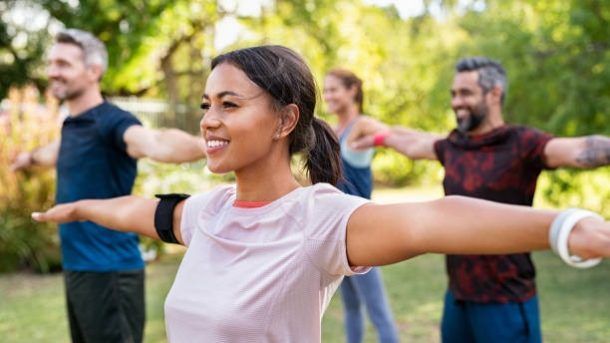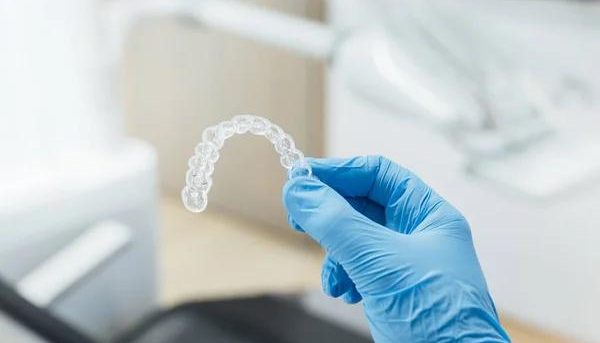Balance training plays a pivotal role in preventing falls, particularly among the elderly population. It is an essential component of fitness programs designed to enhance stability, coordination and overall physical function. The importance of balance training cannot be overstated as it directly impacts our ability to perform daily tasks safely and independently.
Falls are a leading cause of injury among older adults, often resulting in serious consequences such as fractures or head injuries. They not only affect the physical health but also have psychological implications leading to fear and loss of confidence. Incorporating balance training into regular exercise routines can significantly reduce the risk of falls by improving postural control, muscle strength and flexibility.
Balance training involves exercises that challenge your body’s stability to improve its response to various situations like uneven surfaces or sudden changes in direction. These exercises often require individuals to maintain their center of gravity over their base of support while performing different movements or tasks. This could range from simple activities like standing on one leg, walking heel-to-toe or more complex exercises involving equipment like balance boards or stability balls.
Research has consistently shown that balance training can lead to substantial improvements in static and dynamic balance abilities. A thca flower study published in the Journal Of Aging And Physical Activity found that older adults who participated in a 12-week program focusing on balance exercises showed significant improvements in their equilibrium scores compared with those who did not participate.
Moreover, these benefits extend beyond just fall prevention. Improved balance enhances overall mobility and agility thus promoting independence especially among older adults who may struggle with routine activities due to age-related decline in physical capabilities.
Furthermore, good balance is crucial for athletic performance as well; athletes across all sports incorporate specific balance drills into their conditioning programs for better control during movement and reduced risk of injury.
Despite its numerous benefits, it’s important that any new exercise regimen including balance training should be undertaken under proper guidance especially for populations at higher risk such as seniors or people with chronic conditions affecting motor skills.
In conclusion, balance training is an effective strategy for preventing falls and improving overall physical function. It not only enhances stability and coordination but also boosts confidence in one’s ability to move safely. As we age, maintaining good balance becomes even more crucial to ensure independence and quality of life. Therefore, integrating balance exercises into regular fitness routines should be a priority for everyone regardless of their age or fitness level.







